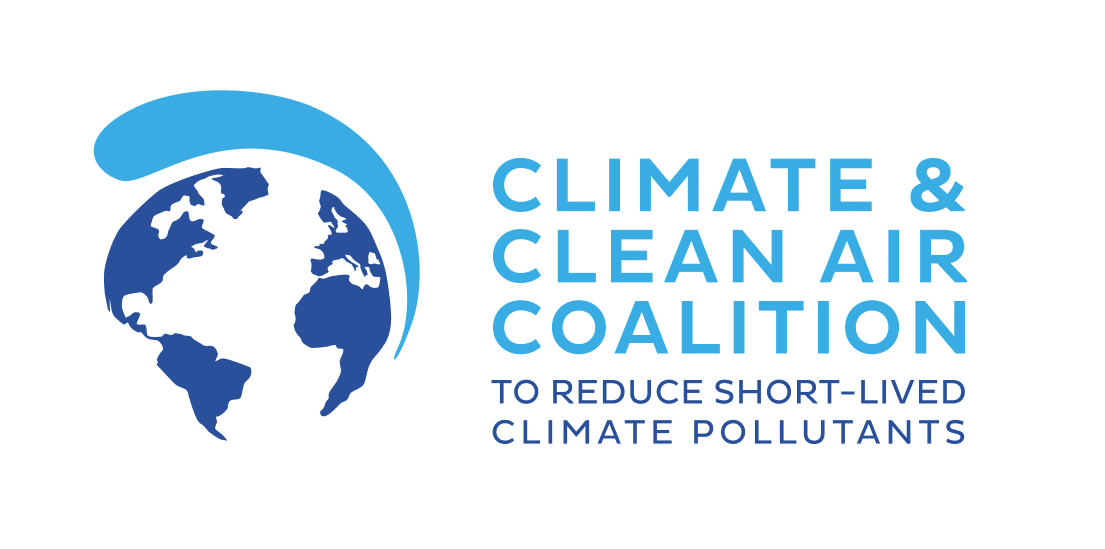
Climate & Clean Air Coalition launch Gender Strategy
Climate change affects all of us. To what extent, however, depends on several factors and there is a growing body of evidence that demonstrates that women and girls are more vulnerable than men to the impacts of climate change and air pollution. The Climate & Clean Air Coalition (CCAC) recognises this and the fact that women in many regions are disproportionately burdened with the responsibility of securing food, water and fuel for a variety of reasons. It believes that in order to fully achieve its goals in tacking the climate change and air quality crises, it must ensure the disparity between men and women in fully taken into account during environmental policy-making, with the perspectives, impacts and experiences of these women being included and amplified throughout the process.
This month, the CCAC released its new Gender Strategy, aiming to mainstream gender equality across climate and clean air action. By setting out clear, immediate and long-term actions, the CCAC intends to drive action to assist in achieving the overarching objectives of the Strategy. The main aims of the Strategy are to:
- Promote gender equality and the empowerment of women in CCAC-funded projects at national, subnational and sectoral levels from project design to implementation, including by striving to ensure equal participation and representation.
- Apply the principles of gender financing to the CCAC’s approach to funding integrated climate change, air pollution and development action.
- Ensure representation of partners and individual actors capable of raising relevant gender issues and perspectives brought by women and girls in the CCAC’s governance bodies and decision-making processes.
- Communicate lessons learned and identify best practices for progressing on gender equality, equity, and the empowerment of women in climate and clean air actions.
More short-term actions include a focus on education and outreach through the provision of resources, webinars and sharing of best practice as well as ensuring there is systematic inclusion of gender considerations when it comes to CCAC-funded projects. The establishment and communication of baselines and gender-related mandates are also included as next steps in an effort to embed the importance of gender within the organisation.
Longer terms proposals include funding windows for gender-targeted projects and gender analysis within CCAC project proposals, as well as mainstreaming gender-disaggregated data collection and analysis into the CCAC M&E Strategy to help support the work of the organisation.
As readers may be aware, WBA established its Women in Biogas group at the end of 2021 and has begun to make headway in trying to address these issues from the biogas industry’s perspective. The publication of the Gender Strategy not only highlights that a body such as the CCAC recognises the importance of addressing gender imbalance when it comes to environmental policy making, but it also validates efforts a little closer to home. Needless to say, it will take every weapon in our arsenal to address climate change and the disparities it brings. Addressing gender imbalance is just one of many crucial steps, but an important one nonetheless.

